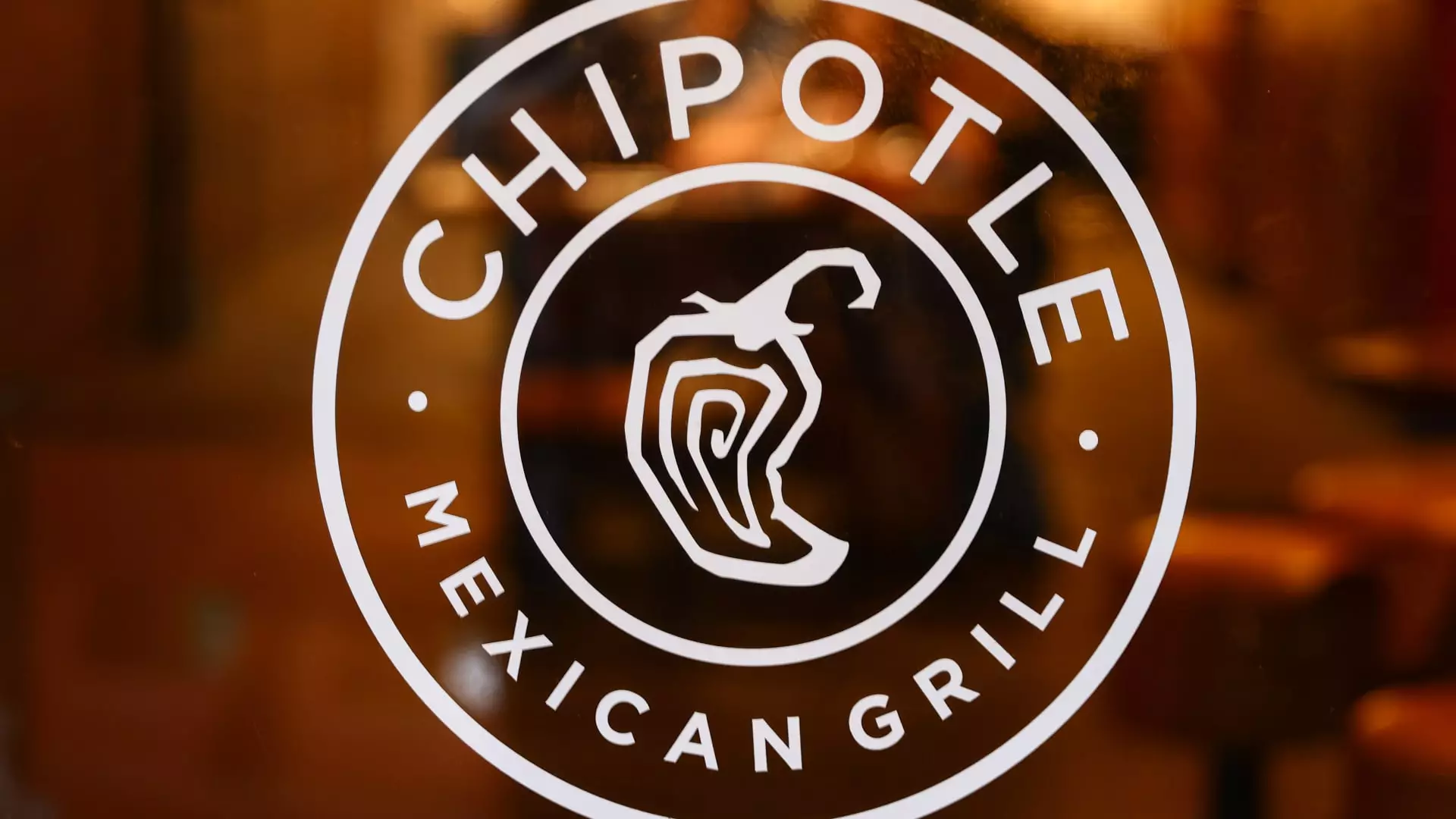As Chipotle Mexican Grill gears up to launch its inaugural outlet in Mexico in 2026, the stakes are astoundingly high. This venture, in partnership with Alsea, will be the defining moment for a brand that has historically anchored itself within the confines of American soil. The decision reflects not only bold ambitions but also a significant gamble, particularly in light of the prevailing political landscape and the unpredictable reception that awaits them. In an environment where U.S.-Mexico relations remain strained, one can’t help but question: Is Chipotle bravely venturing where others have faltered, or naively stepping into a bear trap?
Tension at the Table: A Complicated Trade Relationship
Behind the bloom of guacamole lies a harsh reality. The trade war instigated during the Trump administration has already introduced significant tariffs on goods crossing borders, complicating the very essence of Chipotle’s supply chain. Despite the pause on the proposed 25% tariffs on avocados— a crucial component of their menu— the sentiment of uncertainty lingers. Chipotle imports nearly half of its avocados from Mexico, a dependency that could drive prices skyward and compromise their “fresh ingredients” promise if tensions resurface. Is it wise for Chipotle to depend on a market so interwoven with frayed diplomatic threads?
Sized Up Against Failure: The Taco Bell Blues
Chipotle’s navigational charts must include the cautionary tales of competitors that have faced similar ambitions. Taco Bell, a beloved American staple, has tried and failed—not once, but twice—to penetrate the Mexican market. With each flop, Taco Bell has underestimated the deep-rooted culinary traditions and the distinct flavors that define authentic Mexican cuisine. If Chipotle believes it can charm Mexican consumers merely with the mindset of Americana, it risks falling into the same pit. A higher price point marketed as “fast-casual” food might not find favor in the hearts of locals familiar with the intricacies and flavors of their own fare.
The Hazard of Assumed Familiarity
Nate Lawton, Chipotle’s chief business development officer, asserts that the brand’s reputation for fresh ingredients could give it a leg up in Mexico. However, this viewpoint rests precariously on the assumption that Mexican consumers will readily embrace a variation of their indigenous cuisine, served through an ostensibly American lens. Familiarity breeds neither loyalty nor popularity. Chipotle’s preconceived notions regarding the local palate stand in stark contrast to the authenticity Mexicans cherish. It’s imperative to question: will the appreciation for “freshness” outweigh local authenticity?
Expansion Dreams: A Double-Edged Sword
Finally, we must consider the ramifications of this expansion approach on Chipotle’s core identity. As the company expands aggressively into uncharted territories, will it dilute the very essence of what initially made it popular among American consumers? In the quest for numbers, brands can often lose sight of quality and authenticity. Chipotle’s international journey may shift its focus towards profitability, risking alienation of its existing customer base who craves the authenticity that its original business model promised.
Chipotle’s venture into Mexico offers an intriguing glimpse into the complexities of global expansion. While there are nuggets of potential profit waiting, the landscape is riddled with pitfalls that could jeopardize not just their growth, but their very identity.

